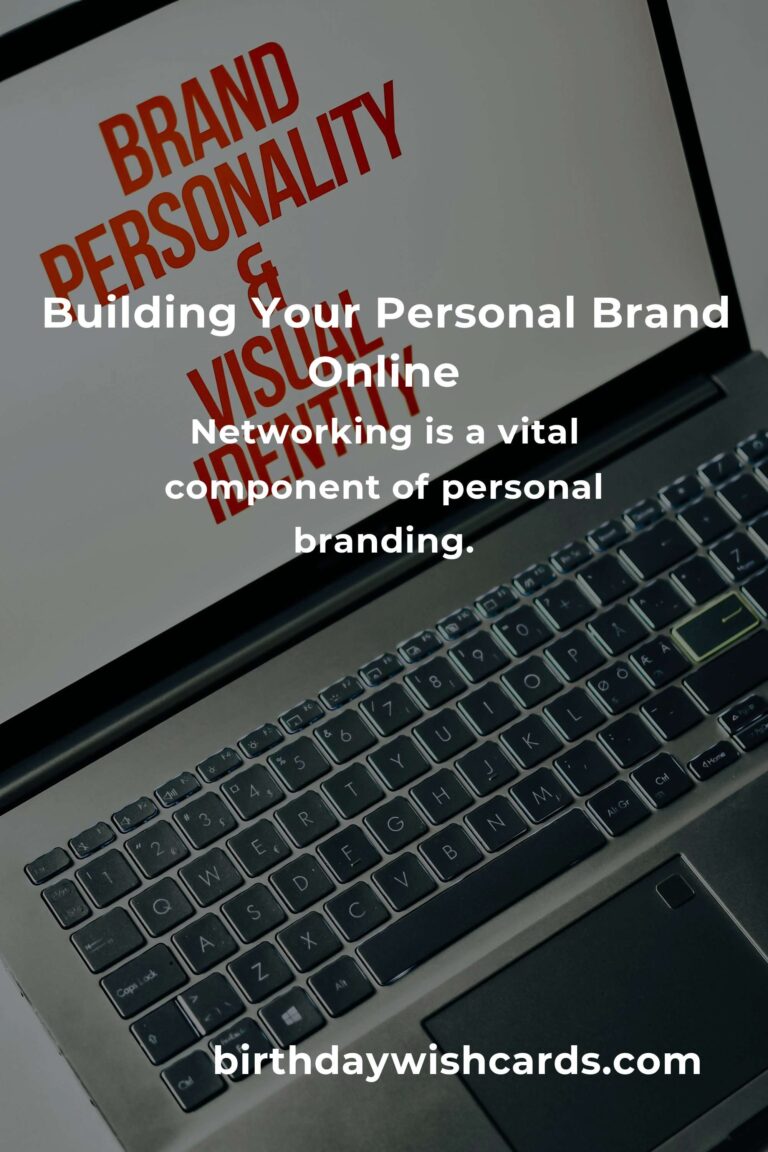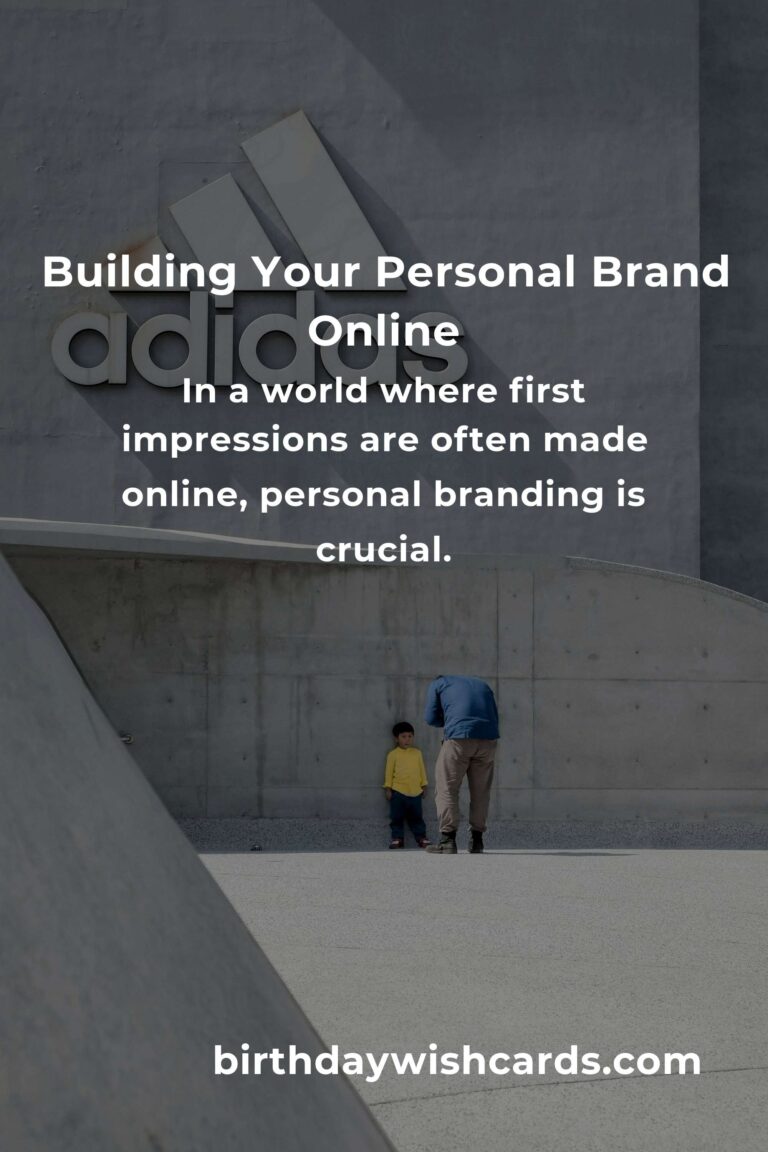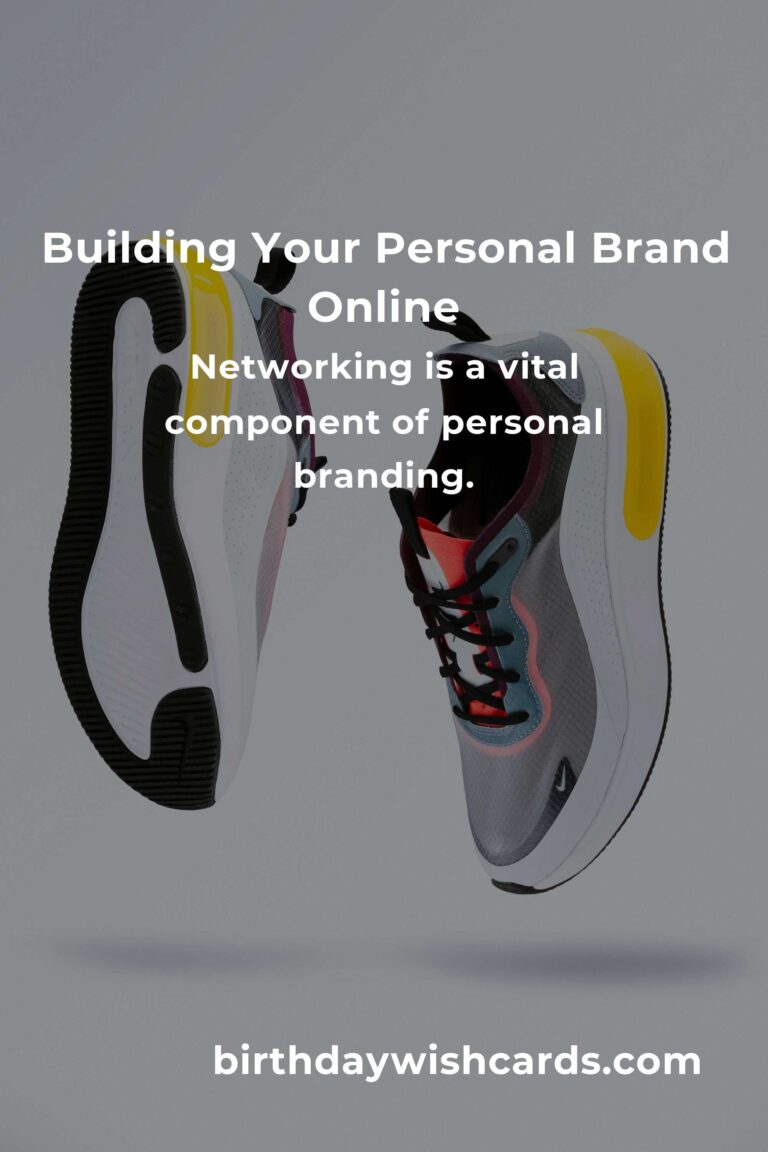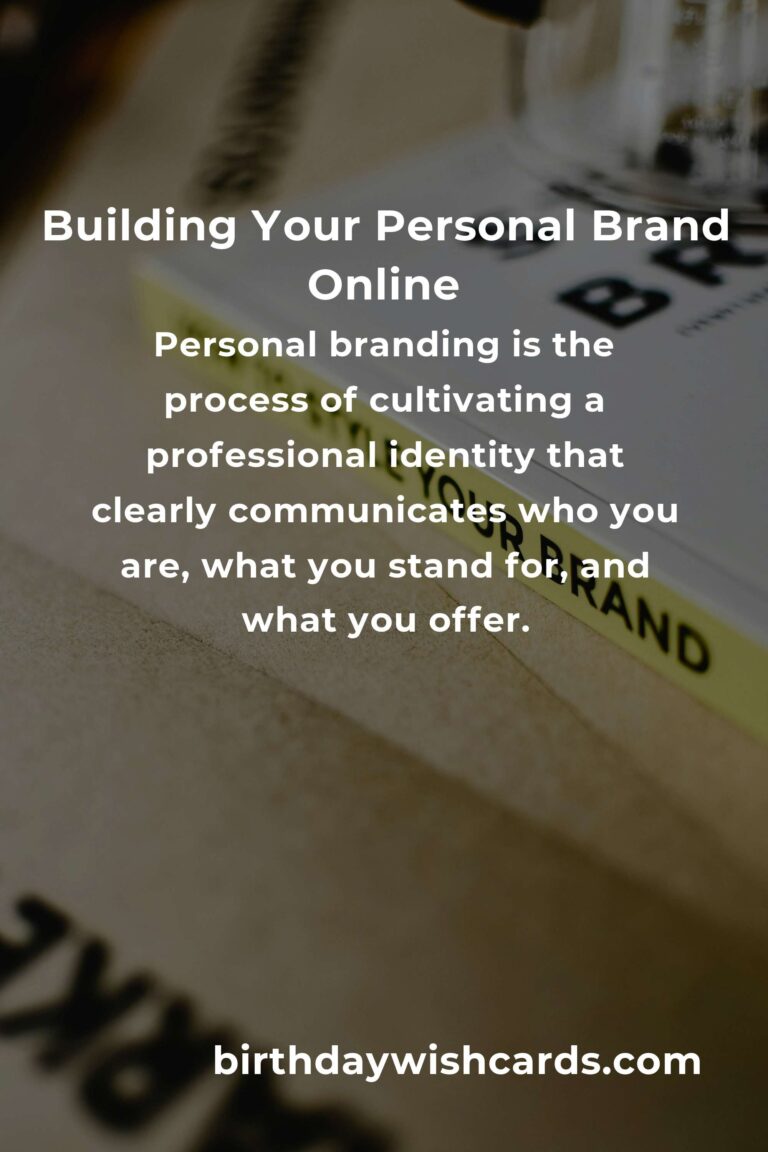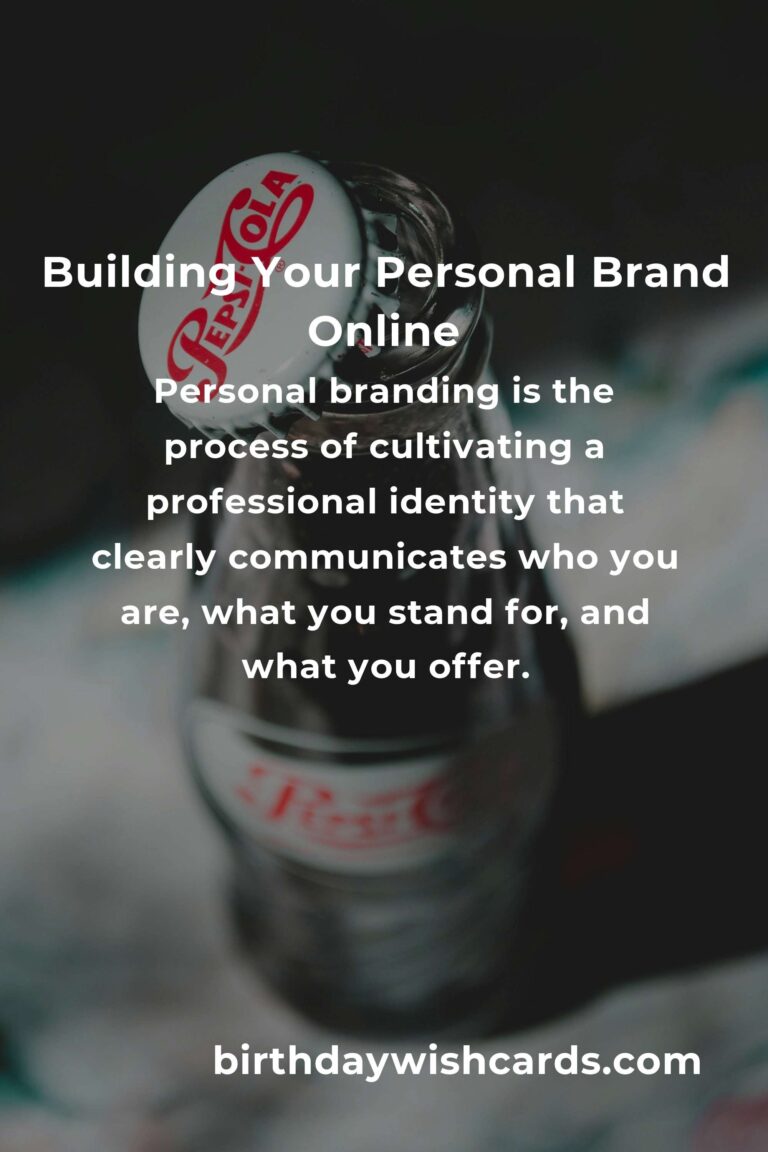
In today’s digital age, personal branding has become an essential tool for professionals across all industries. It allows individuals to communicate their unique value proposition and stand out in a crowded marketplace. Whether you’re an entrepreneur, freelancer, or corporate employee, a strong personal brand can lead to greater opportunities and career advancement.
What is Personal Branding?
Personal branding is the process of cultivating a professional identity that clearly communicates who you are, what you stand for, and what you offer. It’s about establishing a reputation and an image that reflects your values, skills, and experiences. Essentially, it’s the public perception of you as a professional.
Unlike corporate branding, which focuses on businesses, personal branding is about individuals. It’s about showcasing your authenticity, passion, and unique strengths to connect with your target audience.
Why is Personal Branding Important?
In a world where first impressions are often made online, personal branding is crucial. It helps you:
- Differentiate Yourself: Stand out from the competition by highlighting what makes you unique.
- Build Trust: Establish credibility and reliability among peers, clients, and employers.
- Enhance Career Opportunities: Attract new job offers, clients, or partnerships.
- Increase Visibility: Improve your online presence and reach a larger audience.
Steps to Building a Strong Personal Brand
1. Define Your Brand
The first step in building your personal brand is to define it. Consider what you want to be known for and how you want to be perceived. Identify your core values, strengths, and passions. Create a brand statement that encapsulates your professional identity.
2. Build an Online Presence
Your online presence is crucial to personal branding. Start by creating a professional website or blog to showcase your work and expertise. Use social media platforms like LinkedIn, Twitter, and Instagram to connect with your audience and share content that aligns with your brand.
3. Create Valuable Content
Content is an excellent way to demonstrate your expertise and provide value to your audience. Write blog posts, record videos, or create podcasts that address common pain points in your industry. Sharing valuable content helps establish you as a thought leader in your field.
4. Network and Engage
Networking is a vital component of personal branding. Engage with industry peers, attend events, and participate in online forums. Building relationships with influencers and professionals can open doors to new opportunities.
5. Monitor Your Brand
It’s important to monitor your brand’s perception. Set up Google Alerts for your name and regularly check your social media mentions. Respond to feedback and criticism professionally to maintain a positive image.
Common Mistakes to Avoid
While building a personal brand, avoid these common pitfalls:
- Inconsistency: Ensure your messaging and visuals are consistent across all platforms.
- Neglecting Authenticity: Be genuine and authentic in your interactions to build trust.
- Overpromotion: Avoid being too promotional; focus on providing value and building relationships.
Conclusion
Personal branding is an ongoing process that requires dedication and authenticity. By following the steps outlined above, you can create a compelling personal brand that resonates with your audience and opens up new opportunities. Remember, your personal brand is your story, so make it memorable.
Personal branding is the process of cultivating a professional identity that clearly communicates who you are, what you stand for, and what you offer. In a world where first impressions are often made online, personal branding is crucial. The first step in building your personal brand is to define it. Your online presence is crucial to personal branding. Networking is a vital component of personal branding.
#PersonalBranding #DigitalIdentity #BrandBuilding #OnlinePresence #CareerGrowth


